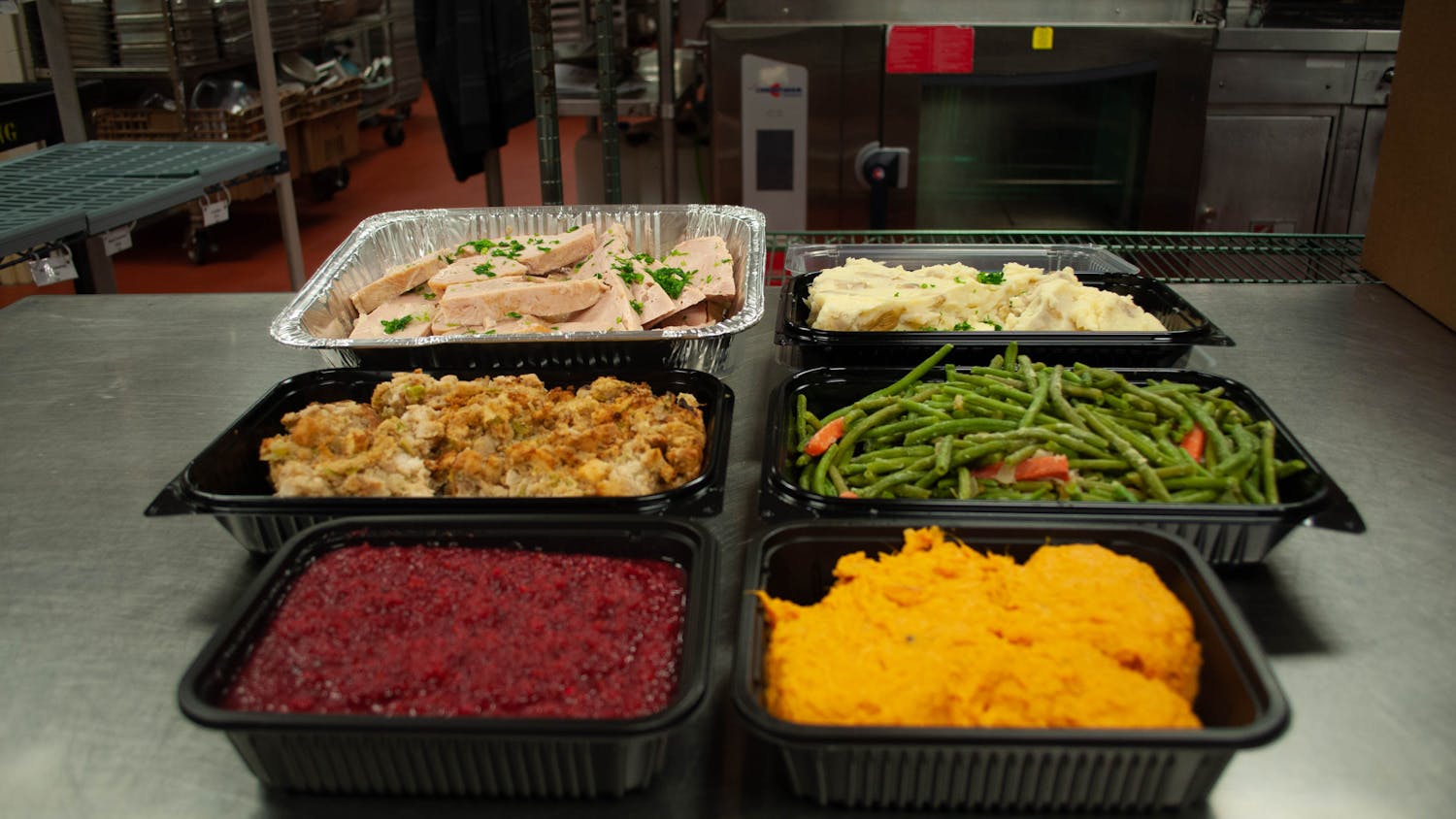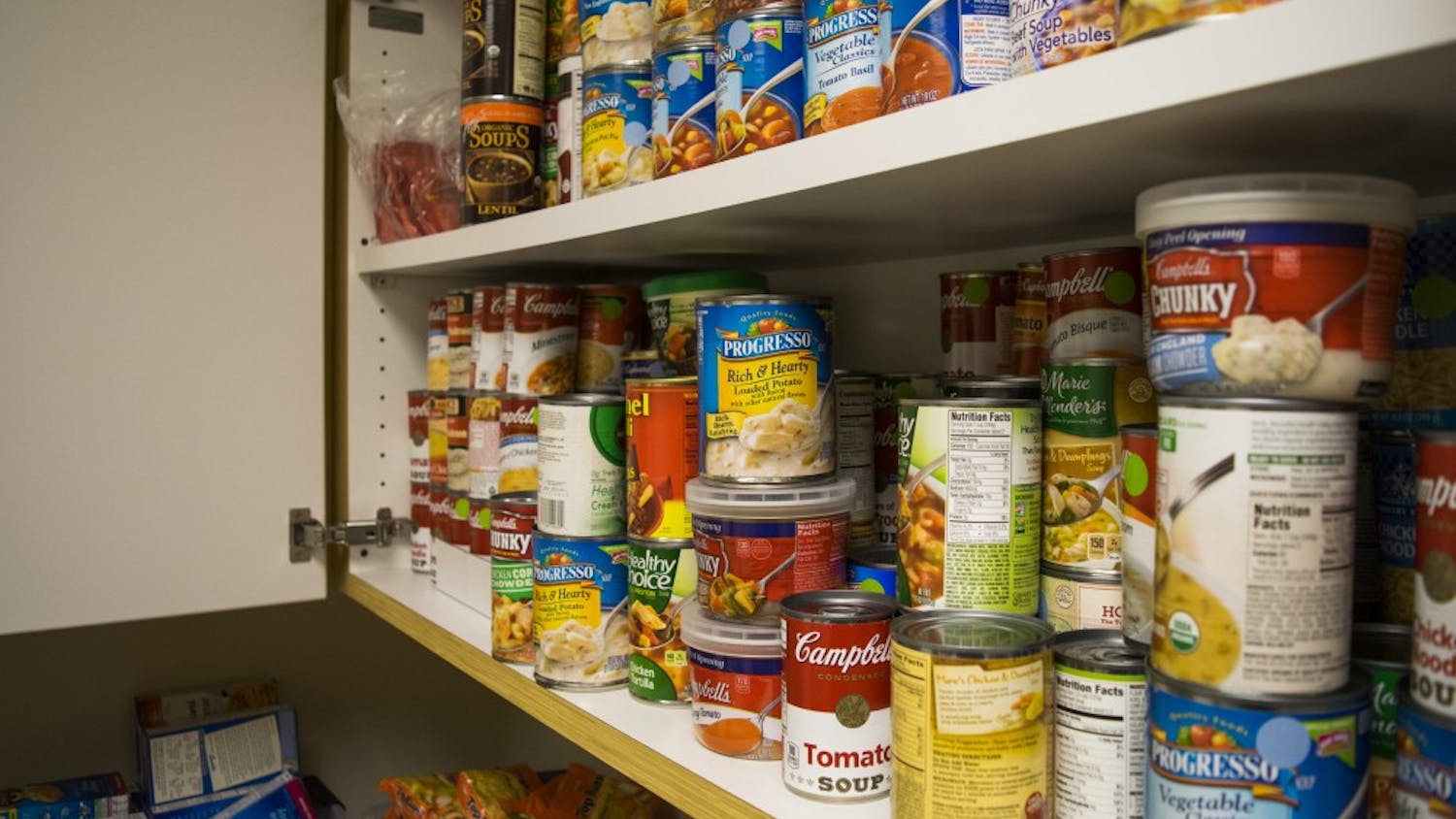On Tuesday, thousands of Wisconsinites will brave the cold temperatures to hike to their appointed polling places and cast their votes for their favorite candidate in our state's primary. Unfortunately, thousands more will likely be staying at home, perhaps apathetically following along with the primary results as they appear on their television sets.
Voter turnout in the nation, especially among younger voters (ages 18 to 25), has been decreasing steadily over the past decades. This trend of declining voter turnout is inexcusable and detrimental to the idea of democracy. How can a government for the people work if only a small number of people actually participate in elections? However, being politically active is not enough - citizens need to also keep up with the current issues discussed and disputed in our political system.
The youth vote in America has always been notoriously low and has continued to drop over the past decades. Only in the last two elections (2004 presidential and 2006 midterm) has youth vote increased marginally since 1982, according to the Center for Information and Research on Civic Learning and Engagement. Yet, the percentage of young Americans going to the polls is still distressingly low. Only about a quarter of the younger population eligible to vote actually does.
While the Feb. 19 primary may not be the same as an actual presidential election, it still impacts our nation, especially with the Democratic nomination race as close as it is. And besides, actively participating in voting functions is an excellent habit to develop as young citizens.
Statistics show that the voting habits established earlier in an American's life often continue through the years that follow. Unfortunately, subsequent generations have produced a waning percentage of voters at the polls than those preceding them.
So far, our generation has shown the greatest amount of indifference towards government. This is a very distressing trend, particularly in a nation where the government supposedly represents the viewpoints of the majority of its citizens, not just those who felt inclined to go out and vote.
Active participation in the governmental process can also encourage us to follow politics more closely, allowing ourselves to learn more about each candidate and take a stronger stance on the issues we care most about. Political activism is no more important than knowing the issues at hand and each candidate's stance on them. To randomly cast your vote, for a candidate that you know little or nothing about is the same as throwing your vote away. Without knowing a candidate's views on a topic, how can you really be sure you are supporting the candidate that most closely matches your own values? It is crucial to not only be active in the political process, but also to be knowledgeable when it comes to the government and today's issues.
While a majority of the blame lies in lackadaisical voters, one can also point the finger at flimsy attempts to get more of younger Americans voting, particularly MTV's Rock the Vote"" and ""Vote or Die"" initiatives. While these programs did manage to slightly increase the youth voter turnout at the 2004 presidential election, they also succeeded in ignoring the real political issues at hand.
Also to blame is Facebook, a mass media tool used by millions of college students across the nation. While Facebook does try to stir up some political debate among its many users, it is also filled with hundreds of groups that support or bash a certain candidate without providing any arguments. This marginalizes the real issues at hand, while at the same time pressuring some young adults to support a specific candidate because their friends are.
Voting is one of many rights that we as Americans take for granted. Even though millions of men and women have died to give us this opportunity, many of us will undoubtedly carry on with our normal events on Tuesday, going to class and working on homework, not realizing how little time voting actually takes. So why not take a few minutes out of your busy schedule and let your voice be heard? It may make more of a difference than you think.
Ryan Dashek is a sophomore majoring in biology. Please send responses to opinion@dailycardinal.com





